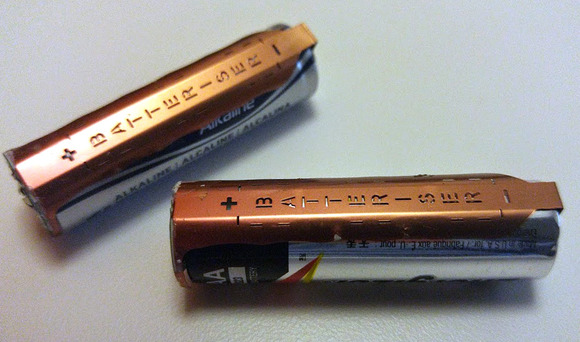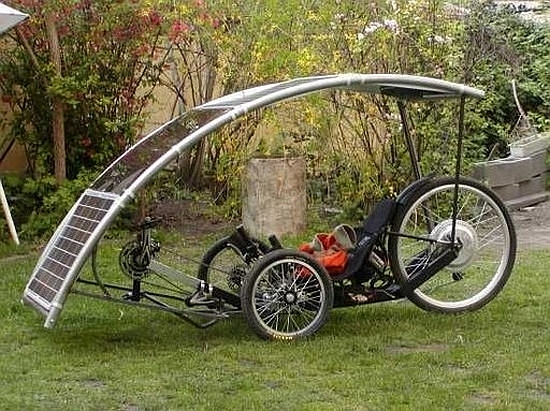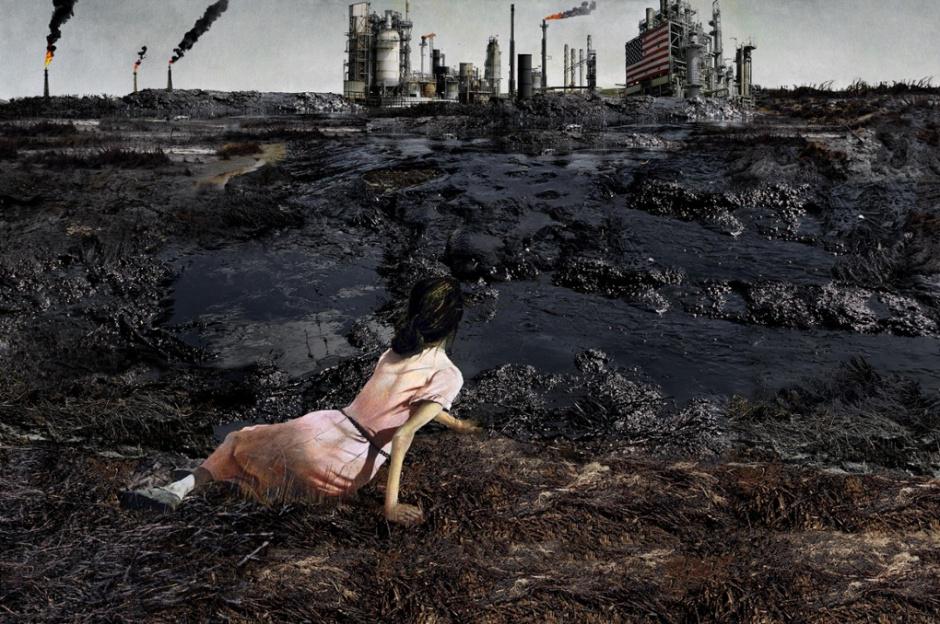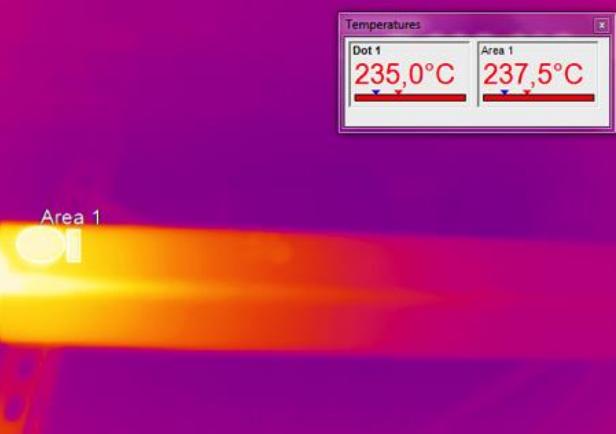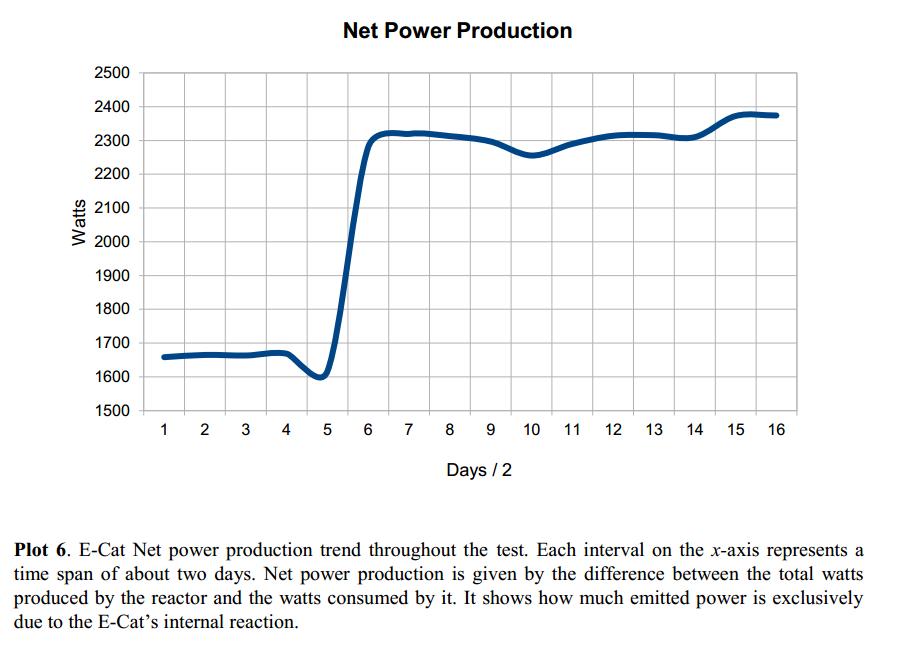The world economy is not compatible with human survival on earth. It has principles and rules that dictate one ignores resources and focusses on the ‘free market’. It is on one sentence “A system that maximizes the utilization of fossil fuels”, for the simple reason that there are people that sell fossil fuels, who want to trade them for goods and services produced with them (mostly).
The banking system is complicit in the fossil fuel dependence of economics and the world economy, because credit which is created based on a business plan and estimated ROI, can only work if there is a world out there that accepts it, uses it to buy fossil fuels and uses those fossil fuels to power trucks, cranes, cars, tools, shop lighting, heaters, printing presses etc.
If credit bought everything except fossil fuels it would not be able to be used to start any business except ones that are outside the economy like manual labour organic farms
The above means we have a problem and we need a solution. We are in a situation where economists are like diving instructors, leading us through a beautifull reef, that like their power as a leader, but who know that that role will be over when the oxygen runs out. Rather than cutting their important existence short and leading us to the surface they keep going deeper, because that is what they like to do.
There is no way to bring people to their senses within the economic system, because the system has no leader, it has, just like a religion, followers, believers who think the theories are right and who see them proven right in their local context. Also the traders who came up with our economic theories are exactly those in a position to say “The market is most important” and who don’t care about where the merchandize comes from. Economics is the traders religion, and traders are rich and powerfull (count the banks in that group).
Economics does not use the full potential of our situation, it ignores most of it
This system does not use the full potential of our situation, because it almost fundamentally wants to include the fossil fuel sector in every trade. Almost anything you buy today will have a fossil fuel sector component in it, f.i. plastic, or it comes from China (logistics) or it was farmed intensively (with a 10:1 fossil fuel to calories ratio). This seems like it maximizes the available potential, and it does maximize the economic potential, but not the full potential that is available to us. Economics doesn’t really aknowledge that potential or it would have to abandon fossil fuels like right away.
The realization that there is more wealth potential in our situation than economic predictions claim is becoming more clear, more people realize that solar, wind, geothermal, wave energy are a significant source of productivity and wealth. The trouble we see in opening up those resources has to do with us existing in a fossil fuel economy, where any activity is the result of a competition with other activities over the use of fossil fuels. If Ford sells a car because it gets payed by a customer, General Motors does not sell a car and does not spend the fossil energy to make one, Ford does. This is the zero sum nature of our carboncredit economy.
Extraeconomics
To rise above economics we need a new separate system. It has to be separate in the sense that it does not trade with the existing economic system in the existing financial context. It acts independent of it and interacts with it only on a very stictly regulated basis, and minimally. The reason for this is that if one allows an Extraeconomic enterprise to interact with the normal economic system, it will be attacked, undermined, looted and destroyed, as is any natural resource.
An extraeconomic enterprise produces a surplus of natural resources
An extraeconomic enterprise is autonomous, it has everything it needs to function and it does something that is decidely uneconomic : It produces a surplus of natural resources. It can produce trees, grass, fish, ecosystems, clean water etc. and it does not intent to sell any of these resources. It can consume it for itself, marginally, but overall it has the explicit intent to create a surplus, to add to natural resources.
An extraeconomic enterprise can store carbon because for instance it plants trees and turns them into charcoal that it burries underground. It can farm seaweed and create biomass and also pull out the carbon and store that in the deep ocean. It can bring life to desert areas, foster rich ecosystems in them, and see that as its mission. This is only possible because the enterprise does not follow economic rules, and does not participate in the economic system.
Starting an Extraeconomic Enterprise
Extraeconomics has its own rules. To start an extraeconomic enterprise resources from the wider economy are necessary, and those resources can only be payed for with cash, not credit (cash is money banks don’t control, technically ‘free’ money). This is because banks never give money, but only invest, and if they do they assume your business will participate in the economy. So first off an extraeconomic enterprise is cash initiated.
Secondly the energy used in an extraeconomic enterprise can not be fossil based or sourced externally, because that would require interaction with the wider economy. It has to be renewable and be produced in the EE ‘zone’ (because most interesting applications of this approach are in more or less deserted economically uninteresting territories).
Thirdly the purpose of the enterprise/zone has to be to produce a resource, while also sustaining the existence of it’s population. The ratio of resources that are produced relative to the amount consumed by the population has to be significant, so 1000:1. Also it may be that for instance trees planted in the zone never serve the population, who eats from farmland that is also part of the zone.
Primary purposes of these zones will have to be 1. Capture carbon 2. Restore/extend the ecology
An extraeconomic enterprise does not have to be technologically backward. It can use the newest technologies. There’s no need for electronics to use fossil fuels when they are produced, even if they do today. There can be economic enterprises that supply the extraeconmic zones, but they have to give their products, not profit form them. As renewables power more and more of economic businesses this becomes less and less of a hard decision, because the use of renewbles drops the cost of everything.
An extraeconomic zone can use high tech methods to achieve it’s goals
Alternatively there can be extraeconomic zones that produce what other zones need. This would constitute a normal economic system in the sense that it allows free trade, only without the primary driver of our present day economy, the sale of fossil fuels (which makes a huge difference).
Security
The concept of an extraeconomic zone is easy to comprehend, as is its benefit to people inside and outside it (as it reduces the progress of climate change). Owners of the normal economy do not have to worry, their economic world won’t be touched (as extraeconomic zones don’t export), but the greed that economics drives, for resources will mean constant pressure on extraeconomic zones, by corruption or violence. An extraeconomic zone is effectively like a poor african country with lots of minerals. Therefore the EE zones need real military protection. We would see this be supplied by the zones themselves, but also by the UN in the beginning.
These zones must be allowed to protect themselves, and be under protection from significant military force
This means the creation of these zones, as a measure to deal with climate change for instance, needs to be done on a significant political level. The only way security is achieved by these kinds of enterprises (autonomous communities) is to be small and not overproduce (so be unattractive). What we need is immense zones that overproduce enormous amounts. The problem of course is that our armies are fueled by fossil fuels, and mostly exist to protect fossil fuel supplies. One approach to get started with these zones is to do it in secret. And one way to protect them without involving many people is to make it hard to discover them.
More articles about Extraeconomics and Roboeconomics
To spread the word you can invite Frits Rincker (author of this blog) as speaker.
